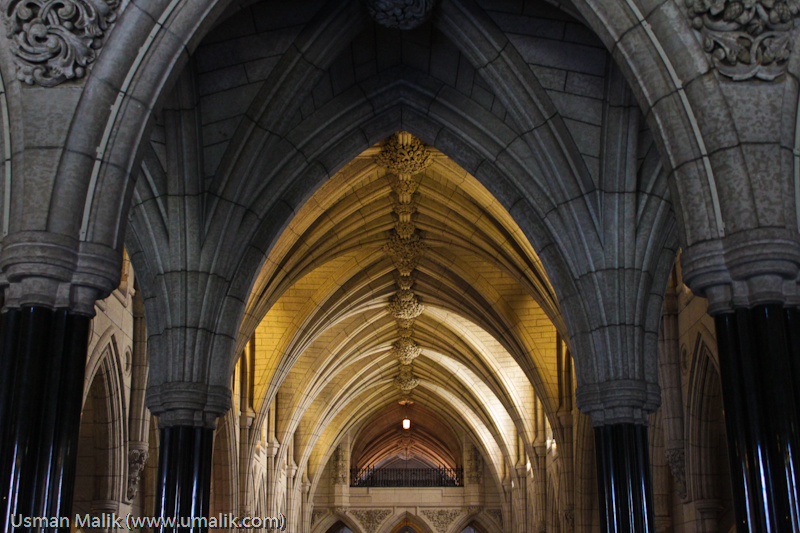The Curious Case of Scott Reid

It’s hard to get a handle on MP Scott Reid. Mercurial? Thinking man? Old school Parliamentarian? Perhaps he embodies all these qualities at once.
Among his many responsibilities, Reid has made a habit out of putting his constituents first. Representing a small rural riding west of Ottawa, he’s gone to them with constituency referendums six times over contentious issue such as gay-marriage, abortion and Canada’s expanded anti-terrorism laws. Using a Swiss model to administer his referendums, Reid assures citizens that their ballots will be destroyed after counting. Remarkably, on two of these occasions he’s voted against the party line and even his own personal views. In the age of the brainwashed backbencher, this is quite remarkable.
Although he sits as a Conservative, Reid is a self-described libertarian and sees little need for the excesses that come with holding political office. In 2001, again by way of referendum, he asked how to approach a proposed pay raise for MPs. The choices were to vote against it or accept the raise and donate it to a charity which fits defibrillators to hockey rinks and provides CPR training to local students. The people of his riding opted for the later, and he has been donating the money ever since. When it comes to expense, he has been notorious for being frugal. Consistently, Reid has a lower travel and hospitality budget than any of his 307 colleagues in the House. Prompting the CBC’s Terry Milewski to referr to Reid as the “supreme leader of tight wads”.

Reid has written books on numerous subjects related to Canadian politics. National unity, bilingualism and the Charter of Rights and freedoms. The former journalist and professor also seems to have a little trouble staying “on script”. Controversial remarks about the need for bilingualism and openly opposing his party’s marijuana stance has left him in hot water and those in Conservative circles scratching their heads. Reid’s penchant for going against the grain is refreshing.
When Reid speaks he is at times soft-spoken, eloquent, and other times snarky and belligerent. In committee he’s shown ability to cross partisan lies, agreeing in principle with the New Democrats’ motion to reign in the use of in camera (closed to the public) committee meetings in the interest of transparency. Leaf through his interventions in the house and in committee and you’ll find a thoughtful and reflective tone. Dig a little further and you’ll also come across Reid harassing and aggressively questioning the Ethics Commissioner as well as the Chief Electoral Officer at the scorn of his colleagues.
Reid, it seems, marches to the beat of his own drum. Having recently hosted his 10th annual artisanal beer tasting event, frequented by Hill-goers, he openly acknowledges his slim cabinet chances. He seems rather happy to debate Constitutional technicalities in a sleepy afternoon sitting than exchange partisan barbs. As I, and many others, ponder what the future of Ottawa might look like, Reid is a quiet reminder that he may just be the last of a dying breed. Precious few still linger in the shadowy halls of parliament away from the bright lights and media circus act.
The Cuzner’s, Stoffer’s, Cotler’s, and Chong’s are few and far between, still clinging to the idea that one can take their work seriously but not themselves. But like a raft stranded out at stormy sea, the rising tide of raging ideologues may be unavoidable. They will sprout from campus clubs, business communities, trade unions and all corners of Canadian society, trained in the “art” of smear and spin.
Others will cross their fingers for those on the raft, silently hoping that life vests are on board.
